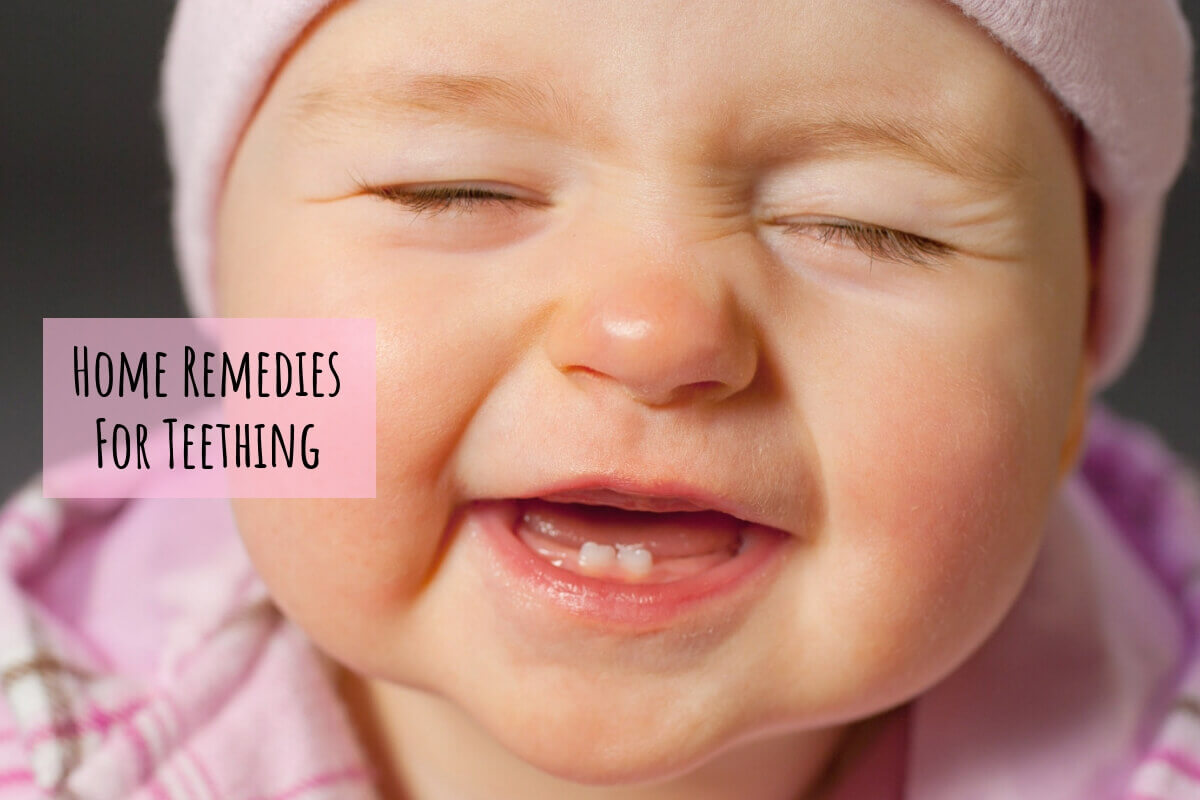As a new parent, one of the many questions you may have is when do babies start developing their teeth. It’s an exciting time as you watch your little one grow and develop, and their first teeth are a big milestone. The process of teething can be uncomfortable for your baby, so it’s important to know what to expect and how to help them through it. In this article, we’ll explore the timeline of tooth development and what you can do to make it a little easier for your baby.
Table of Contents
The Timeline of Tooth Development

Babies are born with 20 primary teeth below their gum line, and the process of teething can start as early as 3 months old. The first teeth to emerge are usually the lower central incisors, followed by the upper central incisors. By the age of 3, most children will have all 20 primary teeth, which will then begin to fall out around age 6 to make way for their permanent teeth.
The timeline of tooth development can vary from baby to baby, but generally follows this pattern:
- 3-6 months: Lower central incisors
- 6-10 months: Upper central incisors
- 8-12 months: Upper lateral incisors
- 9-13 months: Lower lateral incisors
- 12-16 months: First molars
- 16-22 months: Canine teeth
- 20-30 months: Second molars
What to Expect During Teething
As your baby’s teeth begin to emerge, they may experience some discomfort and irritability. Common signs of teething include:
- Excessive drooling
- Chewing on objects
- Irritability and fussiness
- Difficulty sleeping
- Loss of appetite
- Mild fever
To help ease your baby’s discomfort, you can try:
- Giving them a cold teething toy or damp washcloth to chew on
- Rubbing their gums with a clean finger
- Offering them cold, soft foods like applesauce or yogurt
- Giving them infant acetaminophen or ibuprofen (under the guidance of your pediatrician)
Caring for Your Baby’s Teeth
Even before your baby’s teeth emerge, it’s important to care for their gums. You can gently clean their gums with a clean, damp cloth after feedings to help prevent bacteria buildup. Once their teeth start to emerge, you can begin brushing them twice a day with a soft-bristled brush and a smear of fluoride toothpaste (about the size of a grain of rice). Avoid giving your baby sugary drinks or foods, and never put them to bed with a bottle as it can lead to tooth decay.
When to See a Dentist
The American Dental Association recommends that children see a dentist by their first birthday. Your dentist can check for any potential problems and help you establish good oral hygiene habits for your baby. If you notice any signs of tooth decay or other dental issues, make an appointment with a pediatric dentist as soon as possible.
Conclusion
Watching your baby develop their first teeth is an exciting time, but it can also come with some challenges. Understanding the timeline of tooth development and how to care for your baby’s teeth can help make the process a little easier. Remember to stay patient and offer plenty of love and support to your little one as they go through this important milestone.
Frequently Asked Questions:
Q: When do babies start developing their teeth?
A: Babies can start developing their teeth as early as 3 months old, with the first teeth usually being the lower central incisors.
Q: What are the signs of teething?
A: Common signs of teething include excessive drooling, irritability, and chewing on objects.
Q: How can I care for my baby’s teeth?
A: You can begin caring for your baby’s teeth even before they emerge by gently cleaning their gums with a clean, damp cloth. Once their teeth start to emerge, brush them twice a day with a soft-bristled brush and a smear of fluoride toothpaste.
Q: When should my baby see a dentist?
A: The American Dental Association recommends that children see a dentist by their first birthday.
Q: What can I do to ease my baby’s teething discomfort?
A: You can try giving your baby a cold teething toy, rubbing their gums with a clean finger, or offering them cold, soft foods like applesauce or yogurt.
